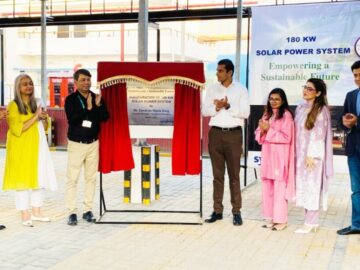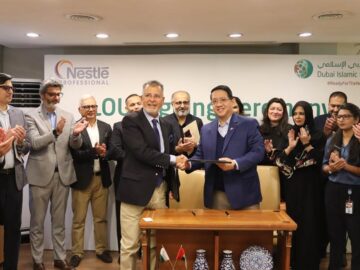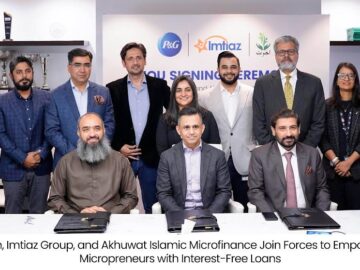
State Bank of Pakistan (SBP) has issued no objection certificates to the following five (05) applicants for establishing digital banks: (i) Easy Paisa DB (Telenor Pakistan B.V & Ali Pay Holding Ltd.)1 (ii) Hugo Bank (Getz Bros & Co., Atlas Consolidated Pte. Ltd. and M & P Pakistan Pvt. Ltd.); (iii) KT Bank (Kuda Technologies Ltd., Fatima Fertilizer Ltd. and City School Pvt. Ltd.); (iv) Mashreq Bank (Mashreq Bank UAE); (v) Raqami (Kuwait Investment Authority through – PKIC and Enertech Holding Co.).
In January 2022, SBP introduced a Licensing and Regulatory Framework for Digital Banks in line with international best practices and decided to issue up to five (05) digital banks’ licenses. The Framework was the first step towards introducing full-fledged digital banks in Pakistan. The digital banks are expected to provide all the banking services through digital means without any need for their customers to visit the bank branches physically.
In response to SBP’s Licensing and Regulatory Framework for digital banks, SBP received twenty (20) applications from a diverse range of interested players such as commercial banks, microfinance banks, electronic money institutions and Fintech firms by March 31, 2022. Further, a number of foreign players including venture capital firms already operating in the digital banking space also expressed their interest to venture into Pakistani market directly or in collaboration with local partners.
The five (05) applicants were selected after a thorough and rigorous assessment process as per the requirements of the Framework. Applicants were assessed on various parameters that included fitness and propriety, experience and financial strength; business plan; implementation plan; funding and capital plan; IT and cybersecurity strategy and outsourcing arrangements, etc. Further, all the applicants were given the opportunity to present their business case to SBP.
Going forward, each of these five (05) applicants will incorporate a public limited company with Securities and Exchange Commission of Pakistan. Afterwards, they will approach SBP for In-Principle Approval for demonstrating operational readiness and for commencement of operations under the pilot phase. Subsequently, they will commercially launch their operations after obtaining SBP’s approval.
SBP expects that after commencement of their operations, these digital banks will promote financial inclusion by providing affordable/cost effective digital financial services including credit access to unserved and underserved segments of the society.










